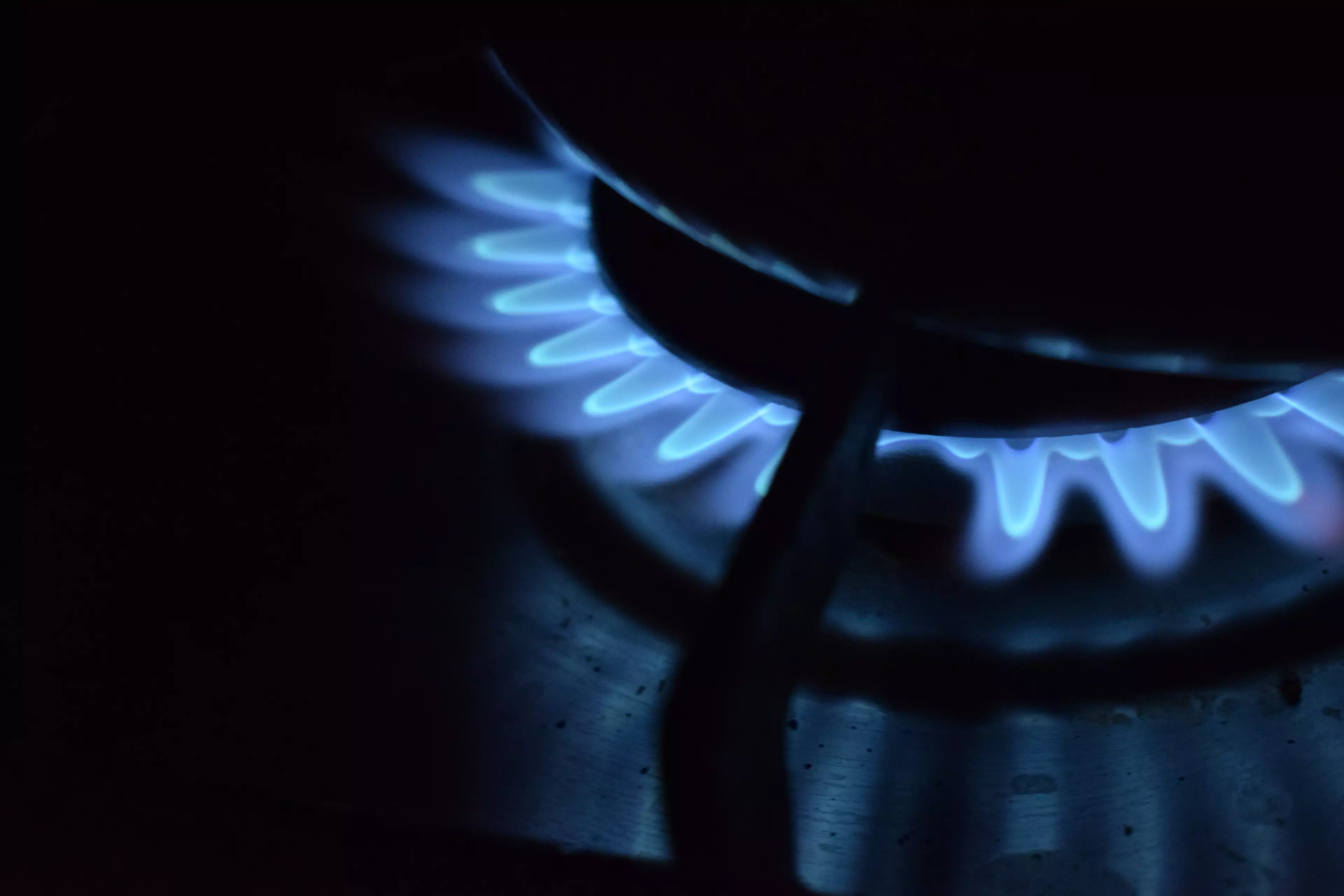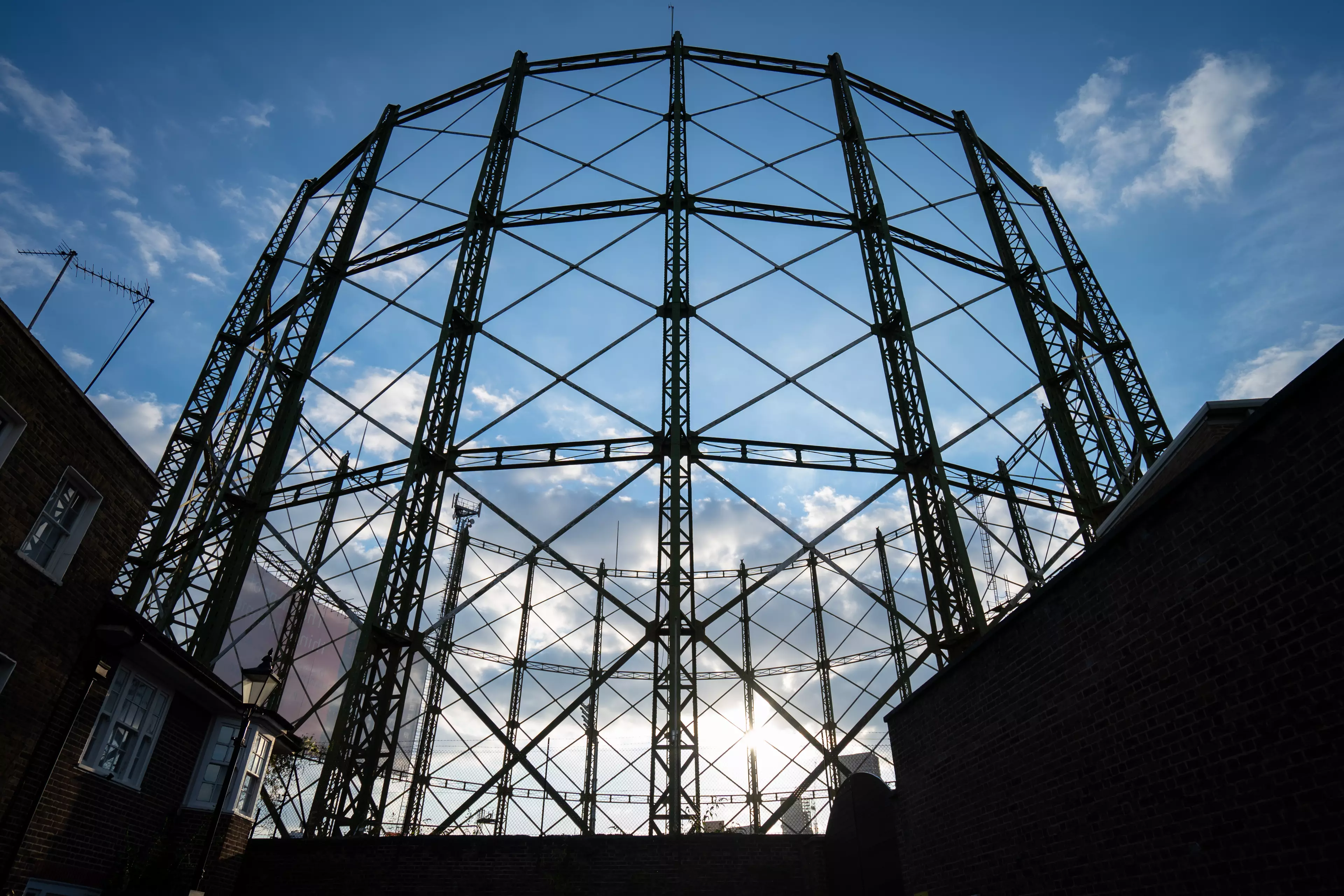
Martin Lewis - aka the Money Saving Expert - has said "urgent damage limitation is needed" as gas and electricity prices skyrocket. The options are bleak when it comes to keeping the cost down, but he's given people a few options for damage control.
"Just a fortnight ago here, I warned you the energy market was dire. Now, sadly, it's got far worse," Martin Lewis wrote in his latest post on Money Saving Expert (MSE).
Lewis explained that even the cheapest tariffs are 60 per cent costlier than a year ago and some energy companies have already gone bust, with "more to follow."
Why is the UK experiencing an energy crisis?
 Unsplash/Ilse Driessen)
Unsplash/Ilse Driessen)

Basically, an energy crisis happens when the demand is greater than the supply, so prices are forced to go up.
A number of factors have cooked up the perfect storm for an energy crisis in the UK this winter:
- Changes in UK regulations
- China's post-Covid bounce back means demand for gas there has increased, so less is coming to Europe
- Russia's state gas company, Gazprom, has refused to export more gas to Europe to make up for the shortfall, so prices have risen
- The UK's reliance on burning fossil fuels, such as gas, to produce electricity means electricity prices are also affected.
Martin Lewis's energy crisis advice
As the energy price cap is due to increase by 12 per cent for millions of homes across the UK on 1st October, Martin Lewis has addressed some of the biggest concerns for consumers.
1) Stick with your cheap tariff for now
If you're on a cheap tariff which comes to an end soon, the advice from Lewis is to stay on it for now rather than shop around for a new one.
"Prices have risen so much that the savings you'll make by sticking with your old cheap tariff, while it lasts, will be huge (though do compare to check)," he said.
"So even if prices still rise, I suspect the gain of holding on to very cheap tariffs now will likely outweigh that."
2) Energy suppliers going bust - should you avoid smaller suppliers?
Avoiding smaller suppliers isn't necessarily going to guarantee your safety unfortunately, according to Lewis.
"Predicting which'll go and when is tough, because as soon as a firm knows it's insolvent it must declare it, so there's little pre-warning.
"It's not just about tiddler firms either, even some with well over a million customers have reported funding issues," he added.
What happens if my energy company goes bust?
The good news is, if your energy supplier does go under, you're not going to suddenly be left without energy running into your home.
"If your supplier does go bust, the Ofgem safety net means you won't lose supply, you'll be moved to a new firm, and your credit is protected," said Lewis.
"The risk is one of delay, hassle and losing any cheap tariff you're on, instead being moved to the price cap."

3) Be wary of price comparison websites
Lewis explained that price comparison websites have partnerships with energy firms, so they're only going to show the deals from the firms they're partnered with. This means you might think you're getting a cheap deal, but you might not be getting the cheapest, which is what you need when gas prices are already fourfold from a year ago.
"Right now, in these extraordinary times, many of the cheapest firms have pulled payments to comparison sites, so most sites, by default, show very few tariffs," he said.
"I've always rejected that for MSE. By default, the Cheap Energy Club comparison includes all available tariffs."
"As we're always whole of market by default, we've not changed, though it does mean we're unable to switch you to most tariffs, and instead just link you to the provider."
4) Help for low-income households
For the time being, emergency measures put in place during the pandemic are still ongoing, meaning cutting people's homes off if they can't pay their bills is still banned.
However, as the universal credit boost comes to an end and post-pandemic inflation continues to pinch people's pockets, Lewis says the best course of action is to communicate with your energy provider.
"Suppliers can also offer payment reviews, breaks or reductions. This is all case-by-case, so contact your firm as soon as you can if you start to struggle, and let it know if you're vulnerable.
"Those on lower incomes may also be able to apply for £140 towards bills via the 2021/22 Warm Home Discount."
5) Use less, pay less
Finally, this one's a no-brainer. Using less energy helps your pocket as well as the planet, so opt to wear some extra layers, make sure your home is insulated, switch to energy saving light-bulbs, and so on - these are all simple measures you can take to reduce the amount of energy being wasted.
Featured Image Credit: PATopics: Martin Lewis, Money